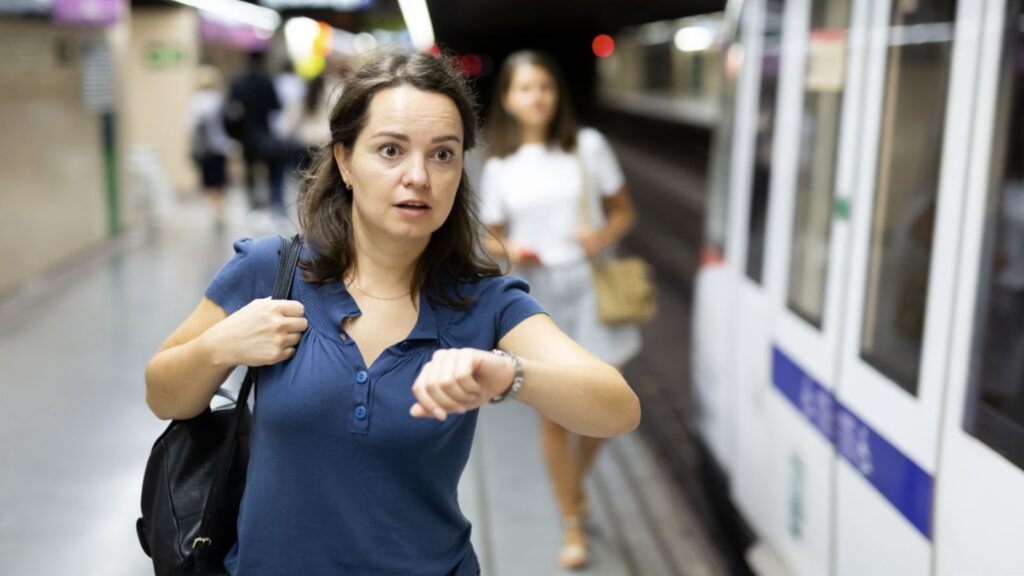As society evolves, so do the rules that govern our behaviour. What was once considered standard or even polite can now seem outdated or strange. Here are 18 social norms that have completely changed over the years.
Dating and Courtship

Ofcom reports that “more than one in 10 UK online adults use online dating services.” Gone are the days when dating meant a formal courtship with strict rules and parental supervision. Today, dating is more casual and flexible, often starting with online interactions. The process has become less about finding a life partner right away and more about getting to know different people.
Gender Roles
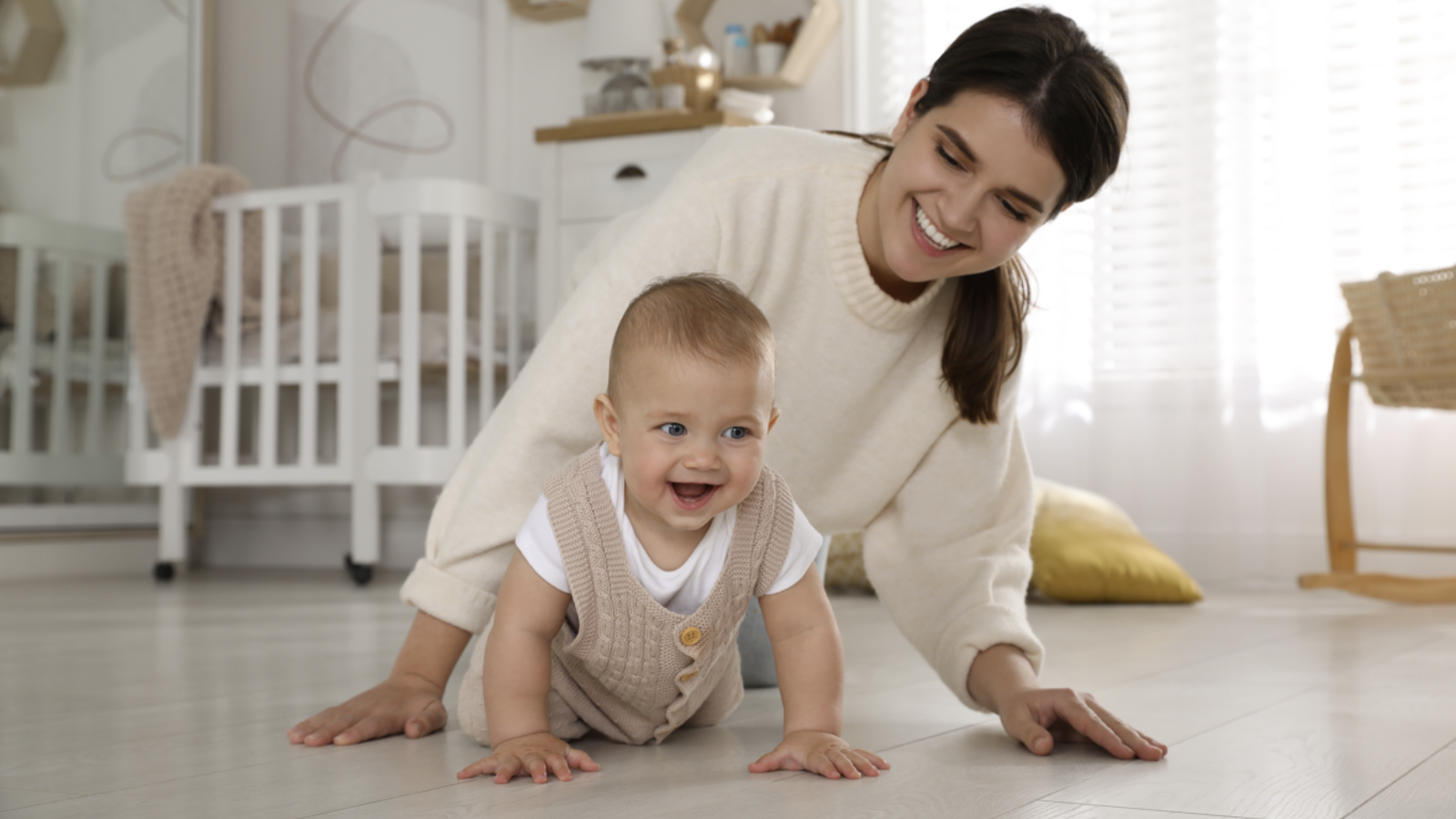
Gender roles have seen a dramatic shift over the years. In the past, there were clear expectations for men and women regarding their roles in the household and the workplace. Men were typically seen as the breadwinners, while women were expected to manage the home and care for the children. Today, these roles are much more fluid.
Dress Codes

There used to be strict dress codes in many aspects of life, whether that was school uniforms or office attire. However, in recent years, there’s been a significant move towards more relaxed and individualistic styles; Casual Fridays have become casual everydays in many workplaces, and people are encouraged to express their personal style.
Communication

The way we communicate has transformed dramatically and while letter writing and phone calls were once the primary means of keeping in touch, now, texting, social media, and video calls dominate our interactions. This change has made communication faster and more convenient, allowing us to stay connected with friends and family around the globe.
Marriage and Family

Marriage and family structures have evolved significantly, as the traditional nuclear family is no longer the only accepted model. We now see a variety of family setups, including single-parent families, blended families, and same-sex partnerships. Marriage is also not seen as a mandatory milestone in life, as many people choose to live together without getting married.
Work-Life Balance
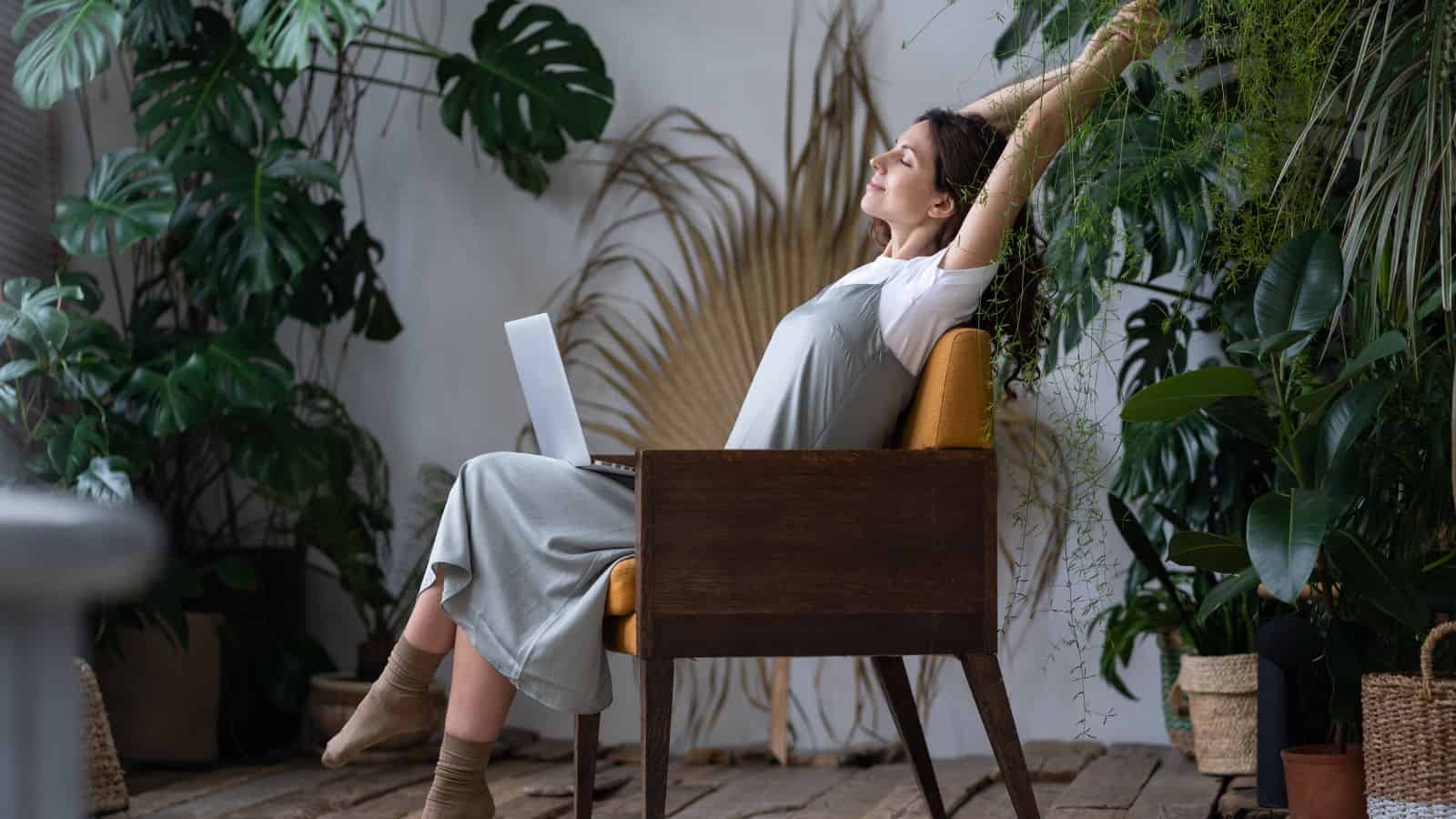
The concept of work-life balance has gained prominence in recent years; while in the past, there was a stronger emphasis on working long hours and climbing the corporate ladder, today, there’s a growing recognition of the importance of balancing work with personal life. Flexible working hours, remote work options, and prioritising mental health are now more widely accepted.
Parenting Styles
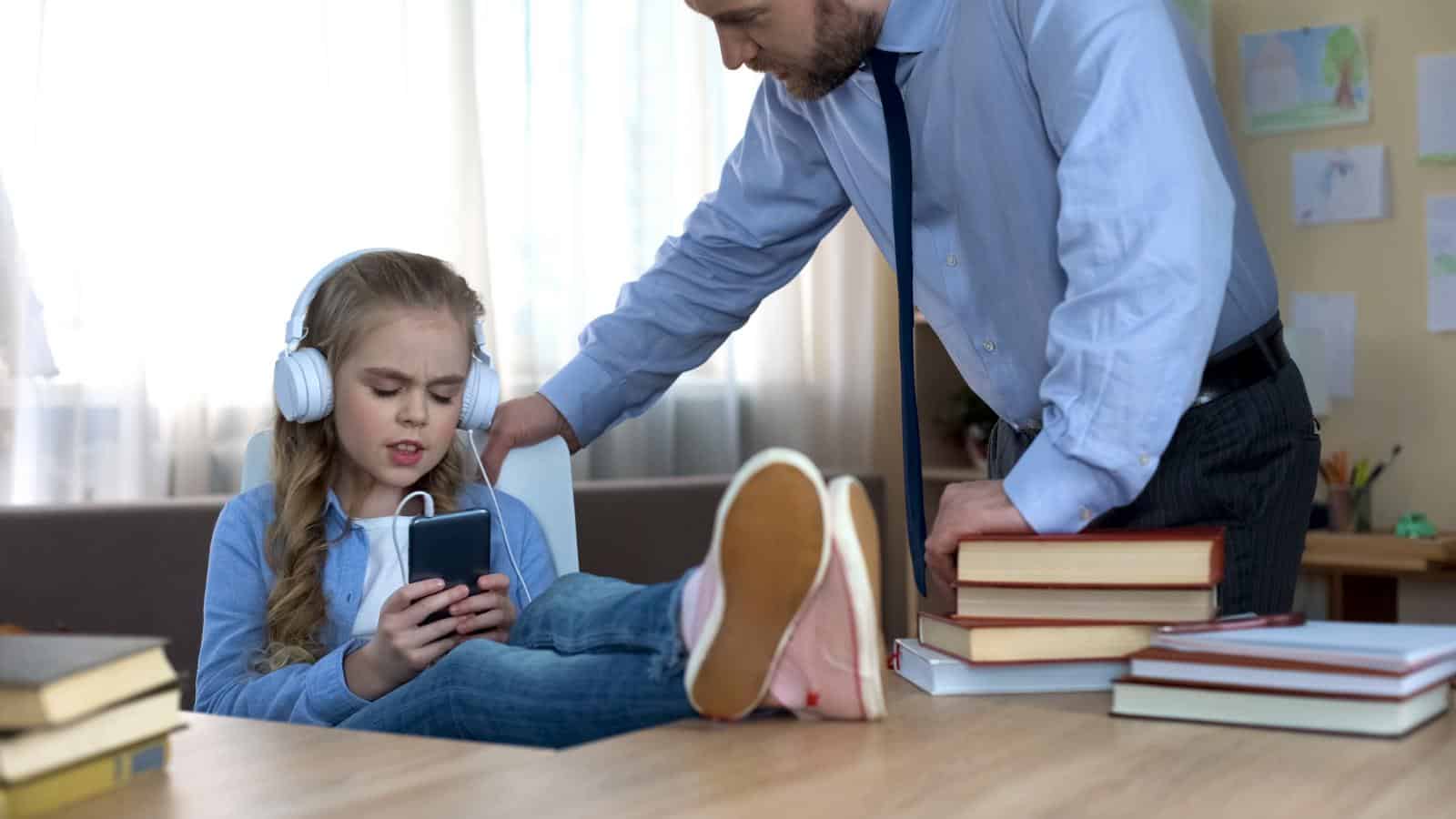
We’ve all seen how parenting has evolved, especially in the last 10 years. Parenting styles have changed from authoritative to more flexible and understanding approaches. Gone are the days of strict discipline and clear hierarchies, as these days, parents are more likely to encourage open communication and a supportive environment, as well as a child’s individual needs.
Privacy
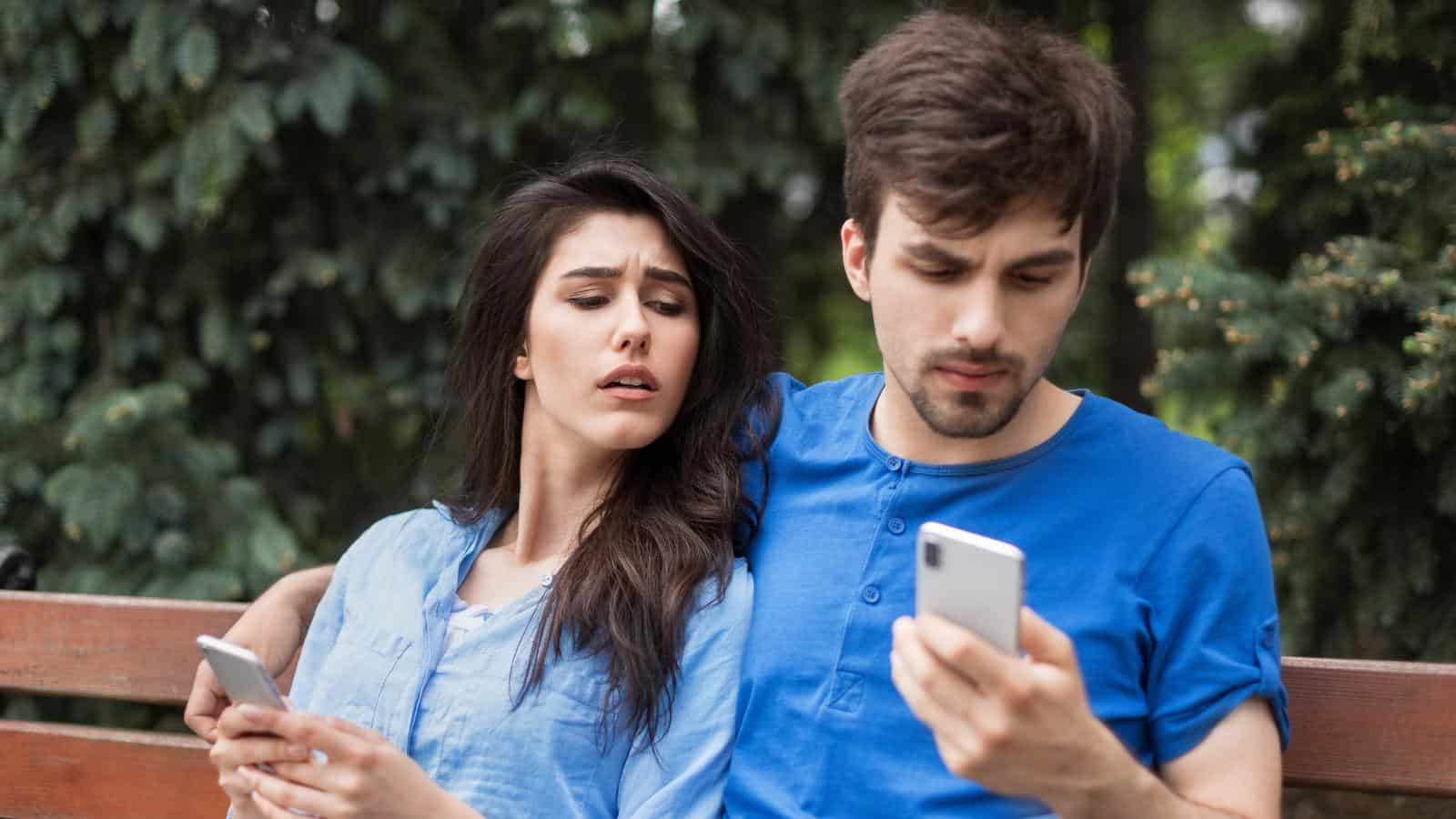
Our understanding of privacy has evolved in the digital age. It used to be that personal information was closely guarded, and sharing details about one’s life was limited to close friends and family. Today, many people share aspects of their lives publicly on social media.
Education

Life today is so much different than say 30 years ago and education norms have shifted from rote memorization and standardised testing to more holistic and student-centred approaches. This is because there is now greater emphasis on critical thinking, creativity, and collaborative learning. Additionally, technology has revolutionised education, providing students with access to a wealth of information they never used to have.
Consumer Behaviour
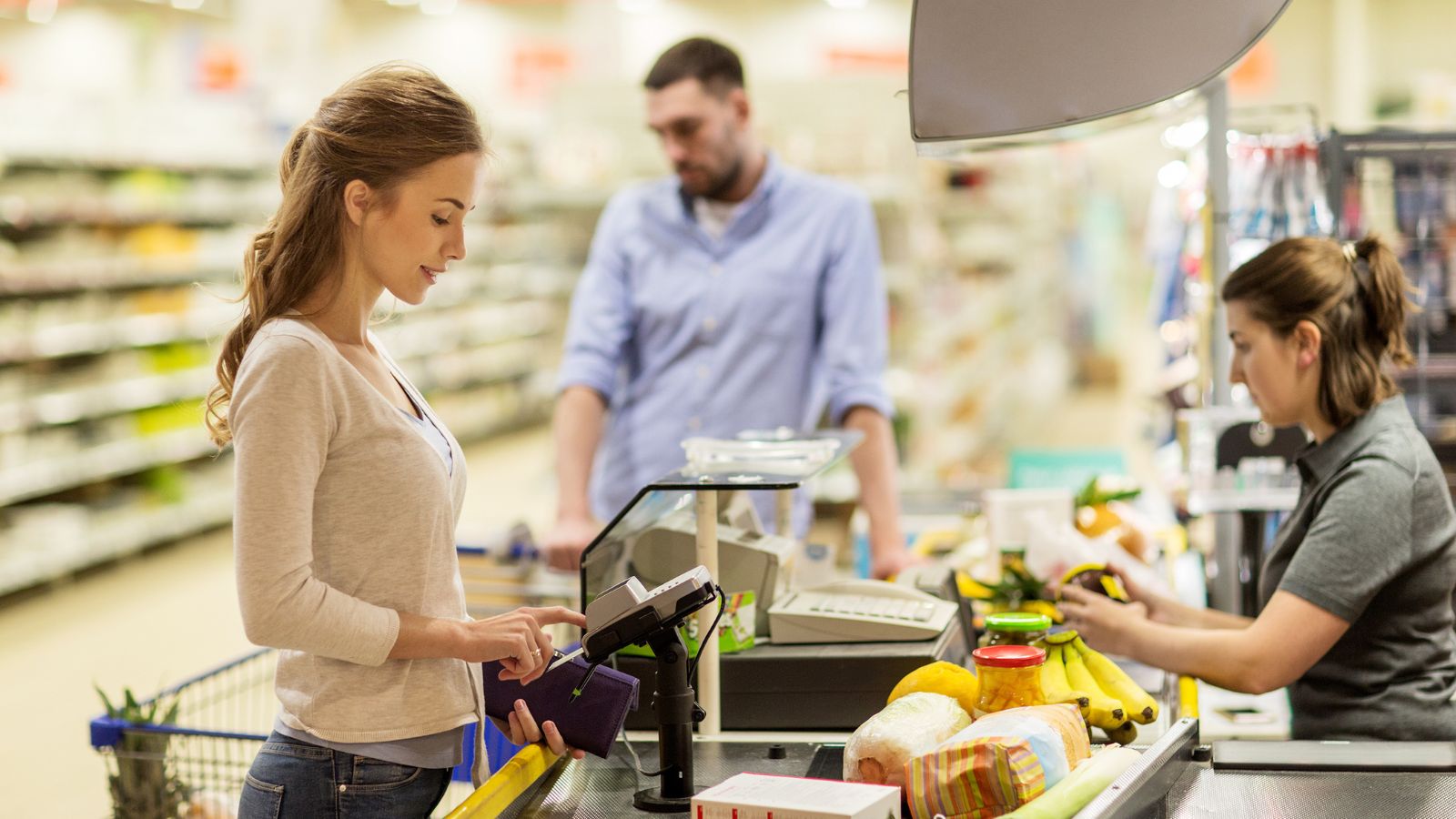
The way we shop and consume products has undergone significant changes, thanks to traditional brick-and-mortar stores no longer being the primary shopping venues. Online shopping has become immensely popular, offering convenience and a wider selection of goods—with faster shipping and easy returns.
Social Etiquette

Social etiquette has relaxed considerably, too; formal manners, such as addressing people by their titles and following strict dining protocols, are not as rigidly observed as they once were. There’s a greater emphasis nowadays on being genuine and more approachable.
Career Paths

The traditional job path of staying with one company for an entire career has become less common, with people now frequently changing jobs, pursuing multiple careers, and valuing diverse experiences. The gig economy and remote work opportunities have also contributed to more flexible and varied career trajectories.
Technology Use

Our relationship with technology has transformed daily life. Once, technology was seen as a tool for specific tasks; now, it is integrated into almost every aspect of our day-to-day routine, including smartphones and smart homes. This pervasive use of technology has changed how we interact, work, and entertain ourselves.
Health and Wellness
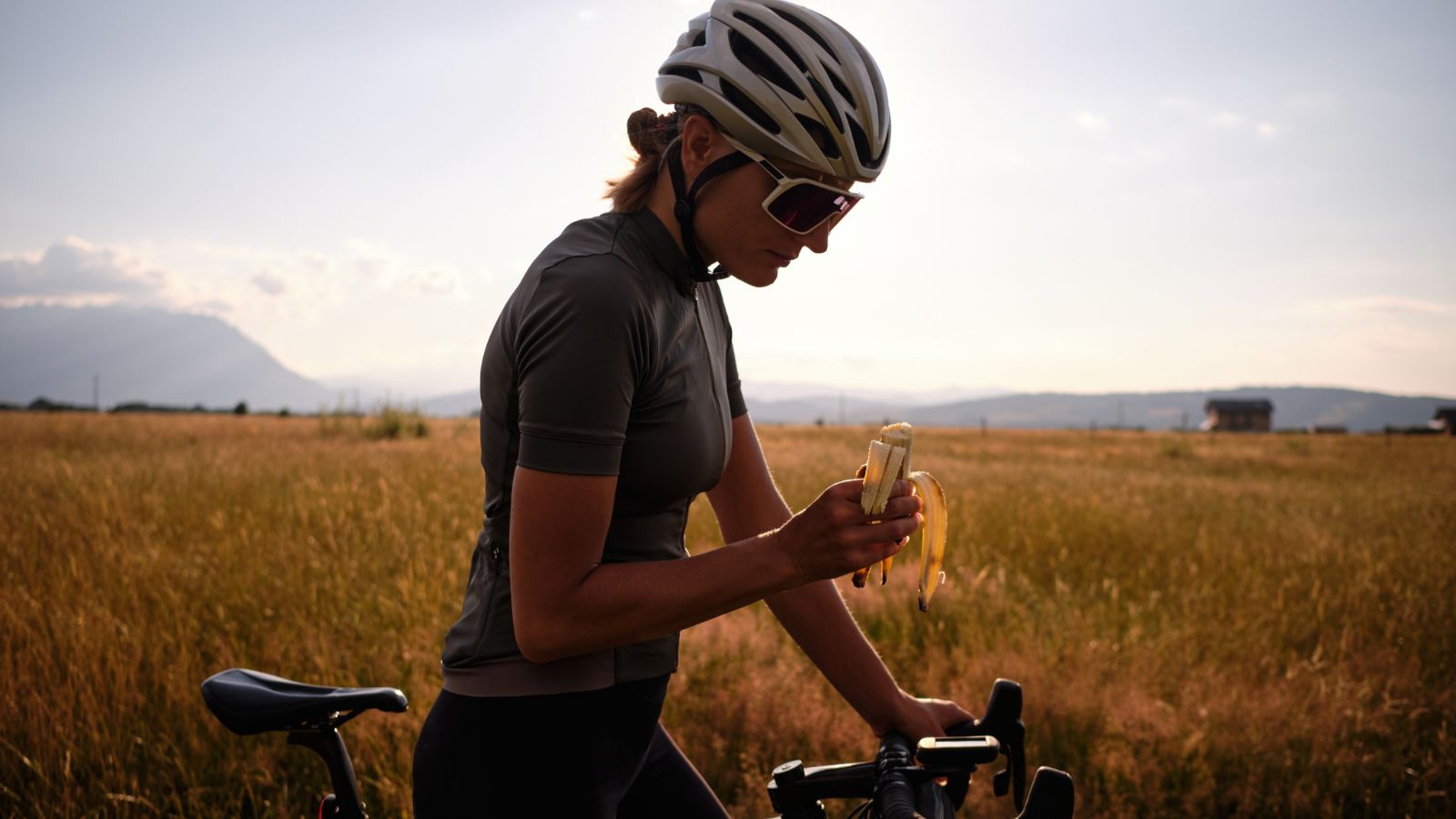
Approaches to health and wellness have shifted from treating illness to preventing it; there’s now a greater focus on holistic health, which includes mental, emotional, and physical well-being. Practices like yoga, meditation, and mindfulness have become mainstream, and there’s increased awareness of the importance of nutrition and exercise.
Leisure Activities

Leisure activities have diversified, too, with more traditional hobbies like reading, gardening, or playing sports evolving into today’s leisure activities that include gaming and streaming to extreme sports and travel. This change reflects broader access to different experiences—and a greater emphasis on personal fulfilment.
Transportation

The rise of ride-sharing services and electric scooters has changed how we get around cities, not to mention public transportation and biking have gained popularity as sustainable options. The development of autonomous vehicles and advances in electric cars indicate that further changes are on the horizon, too.
Media Consumption
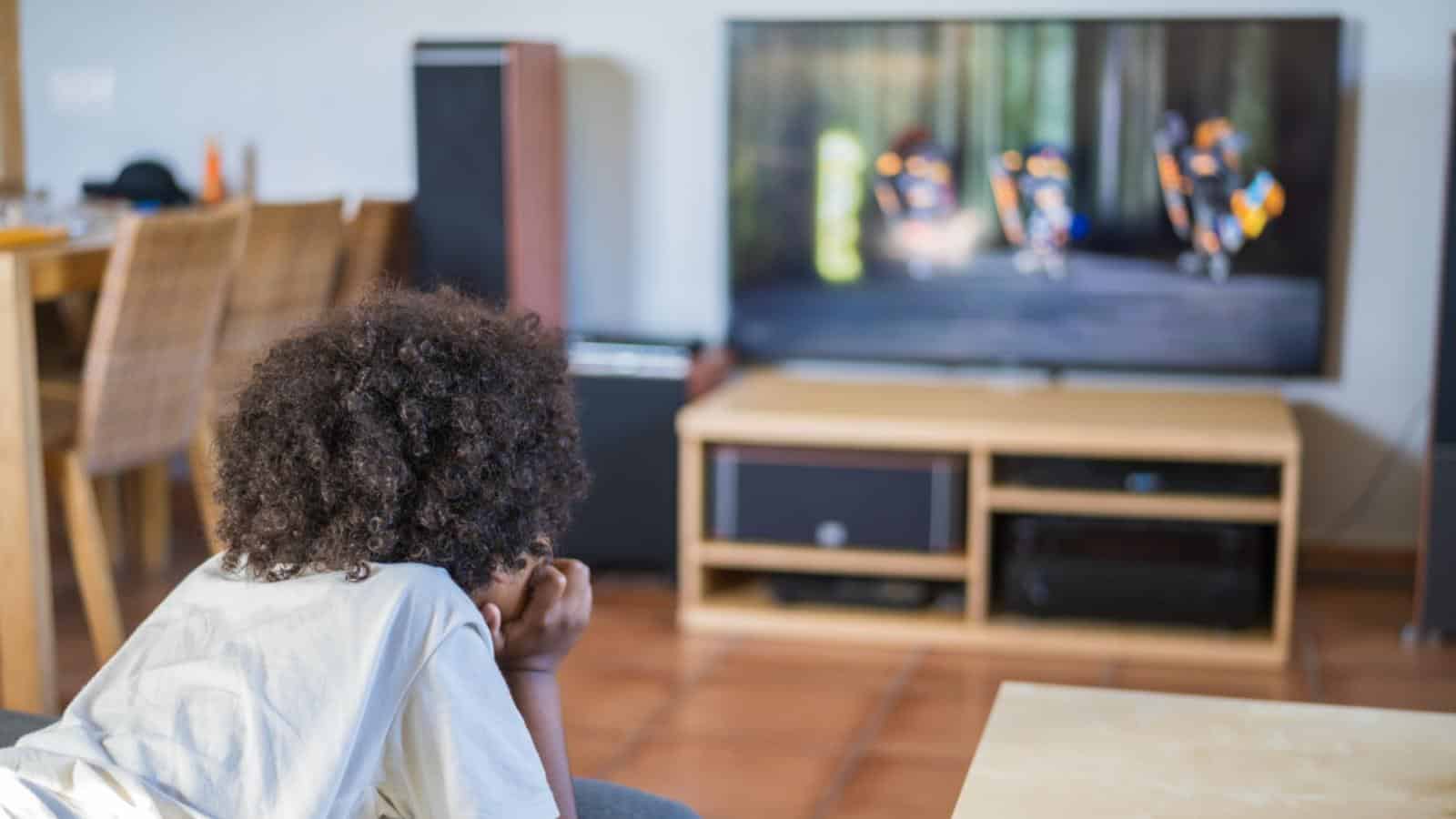
How we consume media has changed drastically, with traditional TV and radio giving way to streaming services and podcasts. People now have the flexibility to choose what they watch or listen to and when; and this shift has led to a more personalised media experience.
Food Culture

And lastly, there’s been a huge shift in food culture, which has become more diverse and health-conscious. Fast food and convenience foods once dominated, but there’s now a growing emphasis on organic, locally-sourced, and plant-based diets. People are more interested in cooking at home more than going out, too.

